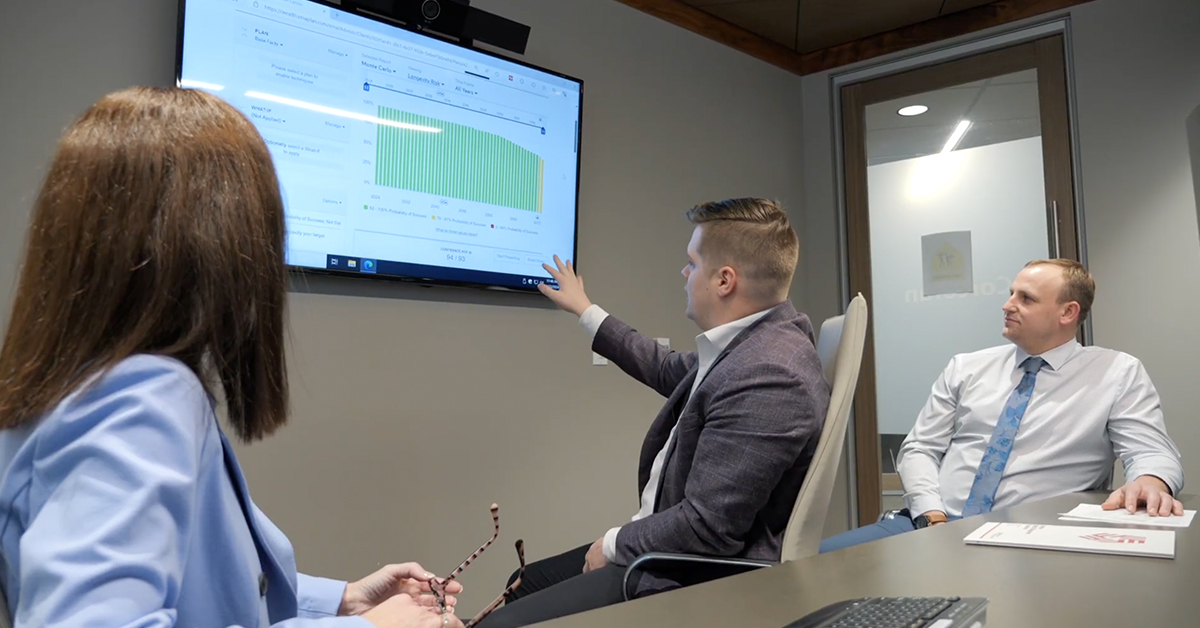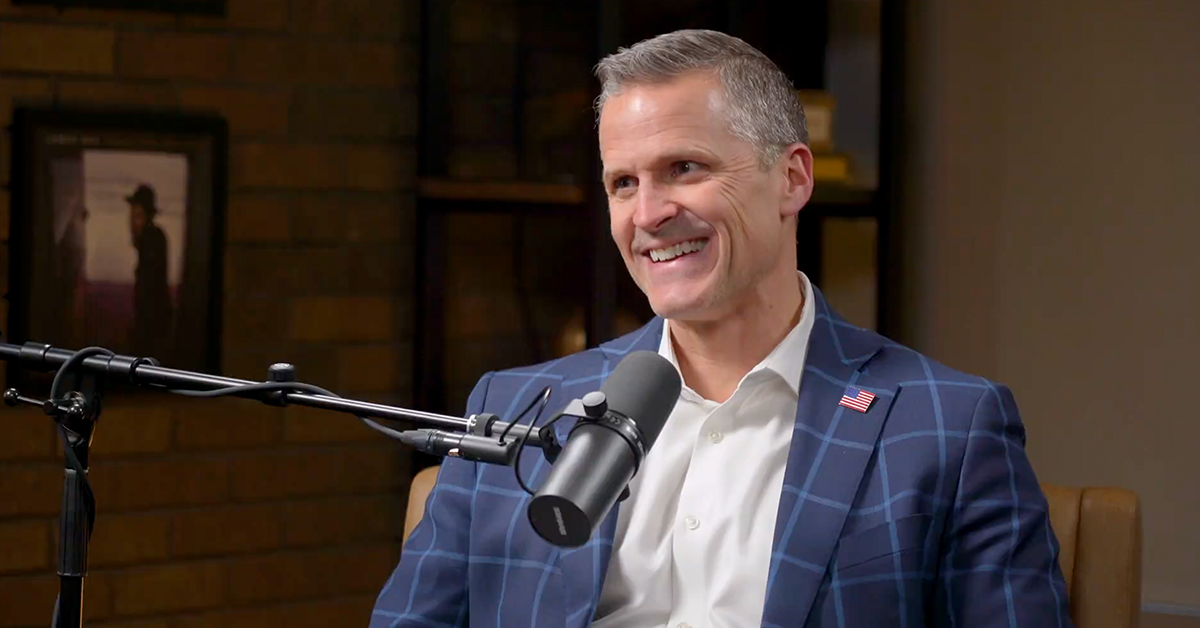
Deciding whether a Roth or traditional account is best for you is a very personal experience.
Differences in income, retirement expectations, and state tax treatment will all be determining factors in your choice.
In a previous blog post, we discussed the difference between Roth and traditional tax-advantaged retirement accounts.
Now, let’s walk through how those differences affect your retirement planning so you can determine the right account type for your situation: Roth vs. traditional.
When is a Roth account the best option?
The Roth option makes the most sense for individuals whose income is less now than what they estimate their retirement income will be.
For example, let’s say Maddie just graduated college and has accepted a new job.
In this job, her tax rate is 12%. When she retires in the future, she expects to pay 22% in taxes.
By making contributions to a Roth account, she will save the most in taxes. Let’s break it down:
Roth Contributions
If Maddie were to make $100 and then contribute all of her income to a Roth account, she would contribute $88 [100 * (1 – 0.12)] after taxes. If her contribution then quadrupled before retirement, she would have $352 (88 * 4) to spend tax-free.
On the other hand, if she were to contribute the full $100 into a traditional account, she wouldn’t pay any taxes today. This would leave the full $100 to quadruple before her retirement.
However, once in retirement she would pay taxes at the higher 22% rate, leaving her with only $312 [(100 * 4) * (1 – 0.22)].
Contributing to the Roth instead of the traditional in this case earned Maddie an additional $40.
This is a very simplified version of the problem at hand, but it illustrates the relationship between tax rates now and in the future — and how they impact which account might be best for you.
Considerations When Choosing a Roth Account
Factors that might raise your tax rate in the future include anything that involves needing more income to support your retirement lifestyle.
Maybe you plan to travel or move to a city where the cost of living is higher. Maybe you will move to another state where the state income tax is higher than the one you currently live in.
In any case, there is no shortage of situations that might change your tax rate in retirement. Therefore, a Roth account will be more desirable if you expect any of these factors to apply to you.
When is a traditional account the best option?
You might already see where this is going.
If a Roth account is better for when you expect your future tax rates to be higher, then a traditional account is better for when you expect your future tax rates to be lower.
Traditional Contributions
Let’s take our previous example with Maddie into account, except this time her current tax rate is 22% and her future tax rate is only 12%.
Since she expects her tax rate to decrease, it makes more sense for her to contribute to a traditional account.
If she were to make the same $100 and contribute it all to the traditional account, she would have $100 in her account. Once the contributions quadruple before retirement, she would have $400 (100 * 4) in her account.
However, because she chose to make contributions to a pre-tax, traditional account, she would owe taxes on her future distributions.
In this case, she would pay only a 12% tax rate, meaning she would have $352 [(100 * 4) * (1 – 0.12)].
If she instead contributed to a Roth account, she would start with only $78 [100 * (1– 0.22)] after tax. Once the balance quadruples before retirement, she would have $312 (78 * 4) to spend tax-free in retirement.
Like the previous example, Maddie would earn an additional $40 in this situation — except this time, she contributed to the traditional account instead of the Roth account.
Considerations When Choosing a Traditional Account
Some reasons your tax rate might decrease in the future include being in your peak earning years as you approach retirement or decreasing your overall living expenses in retirement as you pay off debt and your kids leave the house.
Another situation could be moving to a new state with lower taxes (such as Florida, South Dakota, etc.).
In these cases, you may need to draw less from your retirement savings than what you were making before, so a traditional account is the best option.
Roth vs. traditional: Choosing the best retirement account for my situation
When you are young and just starting your career, you generally can assume that your income will increase from where it is today.
This stage of your career is an optimal time to stash money away into a Roth account, especially if you fall into the 12% tax bracket or lower.
If, however, you are further into your career and expect your expenses to be lower than your current income (because you’ve paid off your mortgage, no longer have college debt, etc.), then it may be more beneficial to contribute to a traditional account, take a tax deduction at a higher tax rate, and then take withdrawals at a lower rate.
The same can be said for individuals who live in states with an income tax.
For example, if you live in California or New York and plan on retiring in a state with lower or no state income tax, like South Dakota, it may make sense to contribute to a traditional account.
Lastly, even if you don’t expect your federal income tax rates to change, the returns from not paying additional state income tax will increase your tax savings.
At the end of the day, everyone has a different financial situation — so the best thing you can do is talk with an advisor and tax professional about which account option is right for you. If you need help getting started or are looking for someone to work together with your tax professional, reach out to me and let’s start a conversation!




